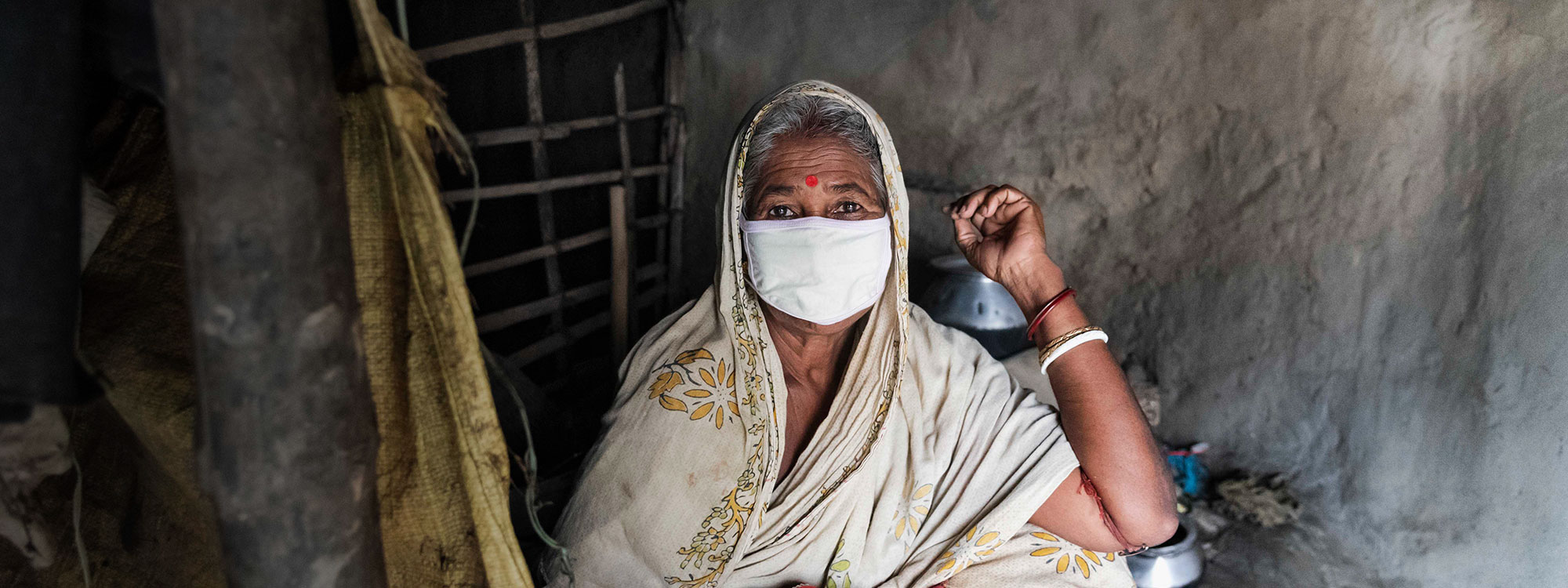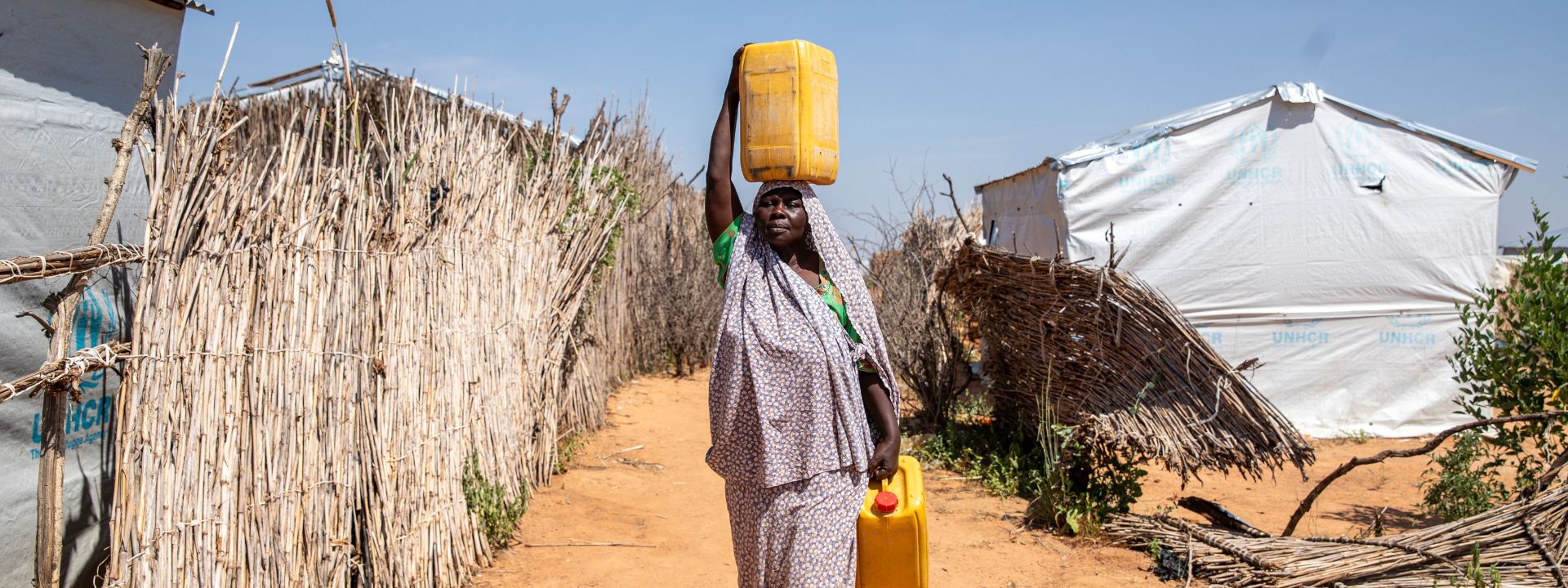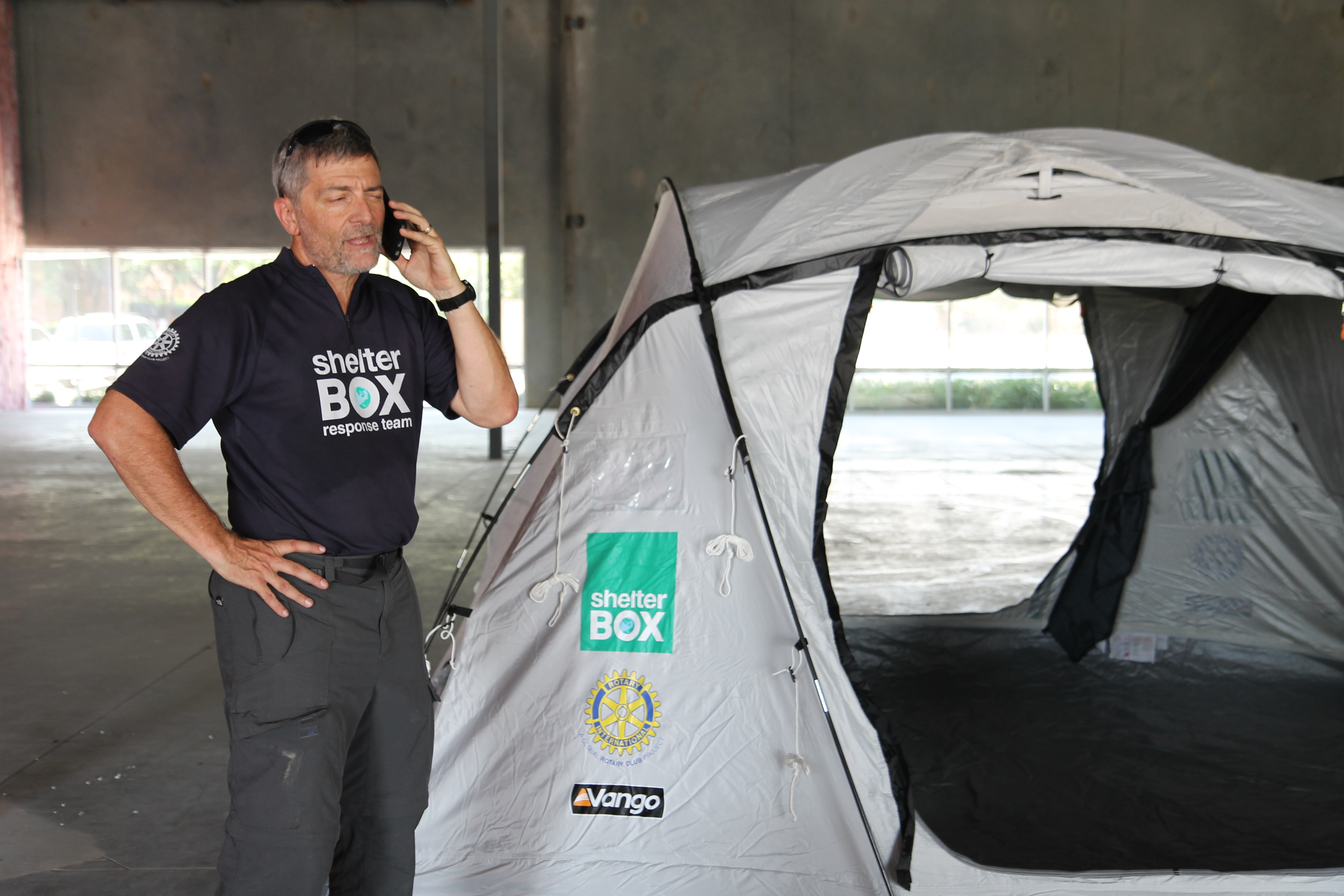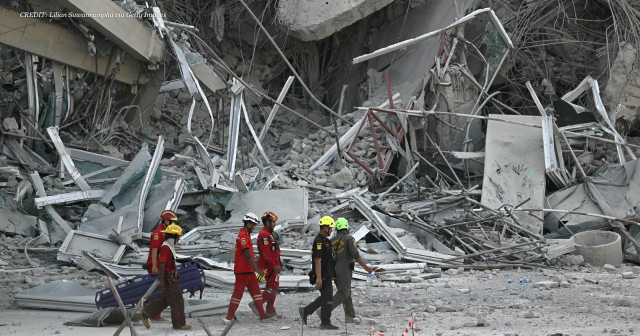
Blog
One Year On: How Coronavirus has affected our work
In the last year, coronavirus has changed everything. From the way we work to the way we socialize, we’ve adapted in many areas of our lives.
And it’s no different here at ShelterBox. When the pandemic initially took hold, we knew shelter could save lives and make a tangible difference. The UN’s Global Humanitarian Response Plan confirmed this by including shelter as a crucial way of tackling coronavirus. But we also knew that we would need to adapt many of our processes to meet the increasing need for shelter.
As a result, we’ve changed our aid packages, how we get aid to the people who need it and even what types of disasters we respond to.
Read on to see how coronavirus has changed our work, and what the impact has been for families who have been displaced by disaster.
Adapting Our Aid
We already knew shelter could help families self-isolate, social distance and stay as healthy as possible.
But when families started contracting coronavirus in the countries we work in, it became clear that a few simple adaptions could make a real difference in people’s lives.
So we started including hygiene items that we wouldn’t usually provide – like a simple soap bar and wash basin. This reduces the risk of families sharing items and enables people to wash their hands more regularly, ultimately lowering the risk of infection.
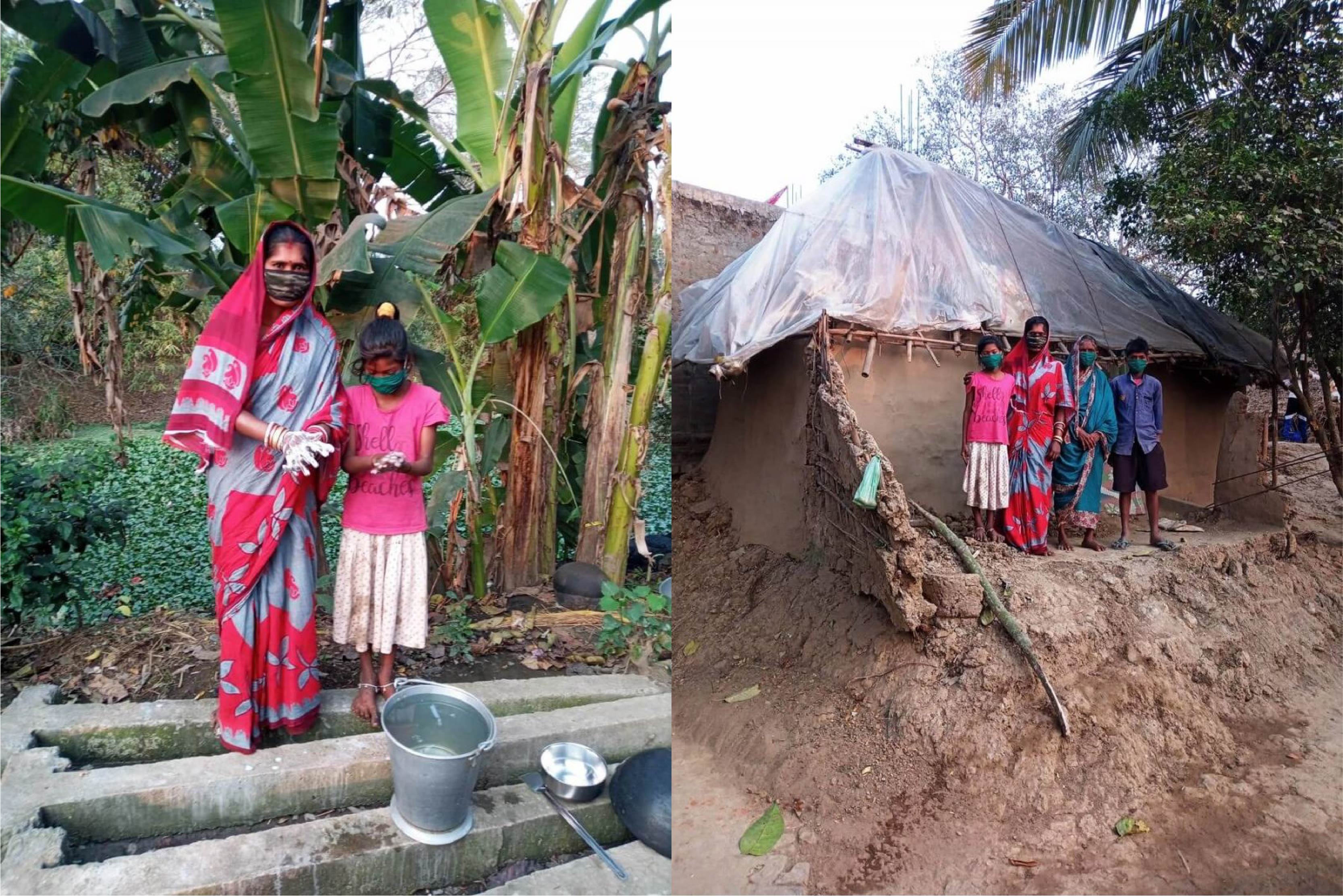
Minati and her daughter wash their hands in Odisha, India.
Changing how we get aid to the families that need it
With travel bans and social distancing guidelines in place, we had to rethink how we deliver aid.
Instead of sending a team to the affected countries, we are using local resources and knowledge. Our in-country partners have been crucial to our responses since March 2020, and we couldn’t have supported as many families as we have without them.
Actual aid distributions have also been adapted, with social distancing and hand washing stations in place.

In Sudan, our trusted partner UPO distributed ShelterBox aid after the worst flooding in decades.
Revisiting what disasters we respond to
The pandemic has altered what disasters we respond to.
When the Taal Volcano erupted in the Philippines at the end of 2019, we didn’t respond because the community showed self-recovery by staying with relatives or friends.
But when coronavirus started spreading around the world, the need for shelter became crucial to give families the opportunity to self-isolate.
We re-evaluated the situation in the Philippines and launched a response to help families extend living areas or partition off rooms in their homes, reducing the risk of the virus spreading.

Rexon collected ShelterBox aid after the Taal volcano. “First of all, thank God that everyone is safe. To Shelterbox, thank you so much, this is a big help to us. Godbless.”
Adapting how we communicate with our supporters
When shops, workplaces and community centers closed, our ability to share information about our work and raise money changed dramatically.
But our incredible supporters and volunteers did not let that hold them back.
Almost overnight, our speaker events and exhibitions went online, solo fundraising challenges started popping up and people did whatever they could to raise money from their homes.
Whether it was rowing solo across the Atlantic or selling fruit and veggies in their front gardens, our supporters did not disappoint!

Jasmine Harris became the youngest woman to solo row across the Atlantic, raising over £19k for ShelterBox and the Blue Marine Foundation (photo credit: Atlantic Campaigns)
The impact for displaced families
Unfortunately, coronavirus will not go away instantly in the countries we are responding in. The hopeful progress with vaccinations in some parts of the world does not translate to the countries that need shelter support.
We must remember that coronavirus has many secondary effects too. Displaced families have been pushed further into poverty, access to education has been reduced, women and girls are facing increased gender-based violence and border closures are forcing people to return to unsafe situations. According to the UN, coronavirus has led to a 40 percent increase in the number of people needing humanitarian aid, but struggling economies mean that foreign aid purse strings are tightening.
The families we support will feel the impact of all these crises. Flooding in Asia, drought in Africa, conflict tensions in Ethiopia and Syria all will be exacerbated by the impact of climate change and coronavirus.
For us, the pandemic is not over until it is over everywhere, and we will continue to adapt our processes to meet the shelter need as best as we can.

